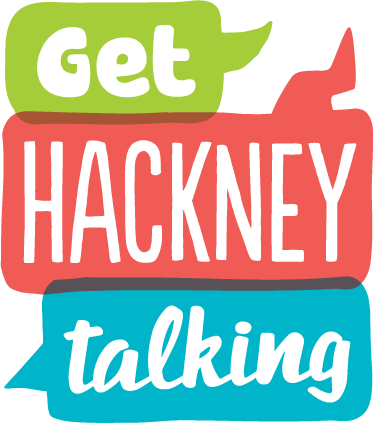What are Social Communication Skills?
- Social communication includes non-verbal communication skills such as looking at the person talking, understanding and using facial expressions, standing at an appropriate distance, understanding body language and using our voice to show different emotions or meanings.
- Social communication includes conversation skills such as taking turns talking, listening to others, staying on topic, asking our conversation partner questions, responding to what our conversation partner has said, starting and ending conversations appropriately and repairing any conversation breakdown.
- Social communication also includes understanding social situations including how others might be feeling and how to respond.
- Social communication is important for making and keeping friends
What signs may a young person with social communication difficulties present with?
- They may struggle with understanding and using non-verbal communication skills appropriately, for example they may find it difficult to read facial expressions, stand too close/too far from their communication partner, make limited eye contact and show little variation in the tone of their voice.
- They may struggle to understand sarcasm or jokes.
- They may struggle with starting, maintaining and ending conversations appropriately, for example they may frequently interrupt, talk off topic or not ask their conversation partner questions.
- They may respond inappropriately in social situations and find it difficult to change how they communicate in different scenarios, for example they may talk to a teacher the same way they would talk to a friend.
- Sometimes they might be seen as being ‘rude’ but really they are struggling to understand and know how to respond to the social situation.
How can you support your child at home?
- Explain what to do in social situations as they arise. For example, if your child interacts in a way which is inappropriate to the situation, tell them clearly what is inappropriate and why then tell and show them what they should do instead
- Say what you mean – avoid using sarcasm, indirect language or subtle facial expressions to explain instead clearly state what you mean, for example, ‘I feel annoyed because…’
- Give positive instructions – tell your child what they should be doing rather than what they shouldn’t be doing
- Praise your child when they show good social communication skills and be specific about what they did well.
Activities you can try at home
- Guess the emotion
- Look at pictures of people in magazines or on TV together and try to guess how the person might be feeling. Discuss how you can tell this, either from their facial expression, body language or the situation.
- Conversation practice
- Regularly hold conversations with your child and given them a particular skills to practice. For example if the skill is asking questions give your child the challenge of asking you 3 questions about what you have said at some point in the conversation. If the skill is listening, ask your child questions about what you have said at the end of the conversation to check they were listening.


